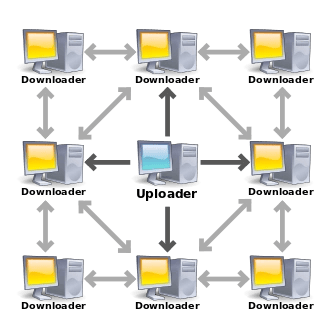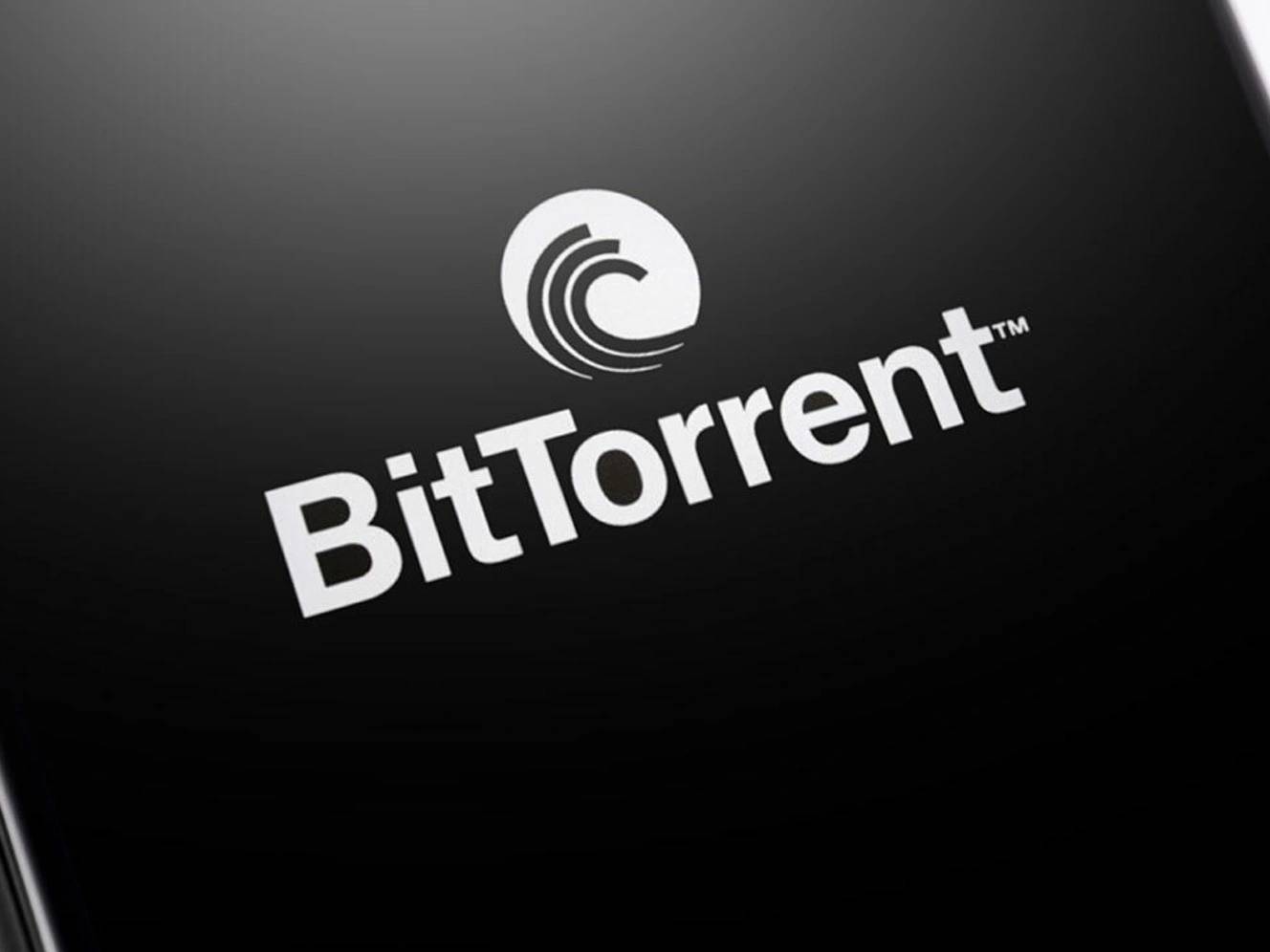Subscribe to wiki
Share wiki
Bookmark
BitTorrent
The Agent Tokenization Platform (ATP):Build autonomous agents with the Agent Development Kit (ADK)
0%
BitTorrent
BitTorrent is a communication protocol for peer-to-peer file sharing (P2P), that enables users to distribute data and electronic files over the Internet in a decentralized manner, and is powered by the BTT token. It was designed to facilitate the transfer of large computer files without a central server, and it is responsible for moving a significant percentage of the world’s internet traffic. BitTorrent was founded in 2001 by Bram Cohen, a programmer and the CEO of Chia Network. [6]
Overview
BitTorrent is a decentralized file-sharing protocol for transferring large files, such as digital video files or digital audio files. BitTorrent allows users to download smaller pieces simultaneously from multiple sources, known as peers. The decentralized approach accelerates the download process and reduces the strain on individual servers. [1] [6] [11]
History
Bram Cohen designed the protocol in April 2001, and released the first available version on 2 July 2001. In 2004, BitTorrent Inc. was founded, the official BitTorrent client, released by BitTorrent Inc., became one of the most widely used software for BitTorrent downloads. In 2006, BitTorrent DNA was introduced, combining traditional content delivery networks with BitTorrent technology to optimize content delivery. In 2010, BitTorrent Inc. acquired µTorrent, a lightweight client, expanding its user base. BitTorrent Sync was launched in 2013, providing secure and decentralized file synchronization. BitTorrent Live, a peer-to-peer live streaming protocol, was introduced in 2015, offering efficient distribution of live video content. On 15 May 2017, BitTorrent, Inc. (later renamed Rainberry, Inc.) released BitTorrent v2 protocol specification. The Tron Foundation acquired BitTorrent Inc. in 2018 aiming to integrate BitTorrent with blockchain technology. This acquisition leads to the development of the BitTorrent Token (BTT) and the BitTorrent Speed platform, which incentivize users with tokens for sharing files and contributing bandwidth. [6] [12] [3]
Design
The BitTorrent Architecture consists of Torrent File, Tracker, Leecher and Seeders. Each torrent is independent, and it holds information about one or many files that need to be distributed. To download a specific file, it needs to hunt torrent file from any torrent search engine. BitTorrent reduces server and network impact for large file distribution by enabling users to form a "swarm" and upload/download from each other. It replaces the traditional single source, multiple mirror approach and is effective even in low-bandwidth networks. Basic computers can act as servers, distributing files efficiently. Pieces of the file are shared among peers, and cryptographic hashes ensure file integrity. Non-sequential piece downloading allows for easy pause and resume, making it useful for larger files. BitTorrent's distributed nature spreads files across many nodes, reducing costs and providing redundancy. It differs from traditional downloads by making small data requests to multiple machines in a random or "rarest-first" manner. While BitTorrent may take time to reach full speed, it offers greater resilience to "flash crowds." Streaming support has also improved over time. [14] [15]

BitTorrent Token (BTT)
BitTorrent (BTT) is a digital token based on the Tron blockchain that powers some of the world’s most popular decentralized protocols and applications. BTT is used to incentivize faster download speeds and longer file seeding on the BitTorrent network, as well as to enable decentralized file storage and sharing through the BitTorrent File System. BTT token can be used for various purposes such as purchasing premium content, accessing faster downloads, or tipping content creators within the BitTorrent ecosystem.
BTT token is separate from the BitTorrent protocol itself. While BitTorrent enables efficient peer-to-peer file sharing, the BTT token introduces a layer of incentive and reward mechanisms to further enhance the ecosystem. BTT was launched in January 2019 through a public sale on Binance Launchpad, where it sold out within 15 minutes and raised $7.2 million. Since then, BTT has been listed on several major cryptocurrency exchanges, such as Binance, Huobi, OKEx, KuCoin, and Poloniex. Decentralized apps powered by BTT include BitTorrent Speed, BitTorrent File System and DLive. [2] [4] [3] [5] [9]
Tokenomics
Maximum supply
The supply of BTT is limited to 990 billion tokens, while the current circulating supply is 990.00B BTT. 6% of BTT were allocated for public sale, 2% for private sale, and 9% for seed sale. TRON airdrop tokens accounted for 10.1% of the allocation, while BitTorrent protocol airdrop tokens made up 10%. The BitTorrent Team and the BitTorrent Foundation were allocated 19% of the tokens, with the TRON Foundation receiving 20%. The BitTorrent ecosystem was allocated 19.9% of the tokens, and 4% were reserved for partnership tokens. [13]
Controversy
BitTorrent has faced controversy due to its association with copyright infringement and illegal sharing of protected content. It has been used extensively for unauthorized sharing of copyrighted movies, music, and software, leading to legal actions against facilitators of infringement.
BitTorrent Inc. has taken measures to address the issue, including content removal requests, partnerships with creators and distributors, and creating initiatives like the BitTorrent Bundle for legal releases. Efforts are being made to strike a balance between protecting intellectual property rights and supporting legal use of BitTorrent. Discussions surrounding copyright, piracy, and file-sharing technologies like BitTorrent continue as the digital landscape evolves. [7] [8] [10]
See something wrong?
The Agent Tokenization Platform (ATP):Build autonomous agents with the Agent Development Kit (ADK)
